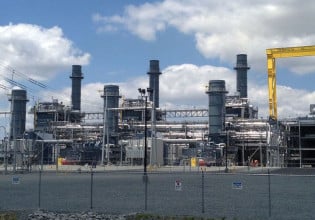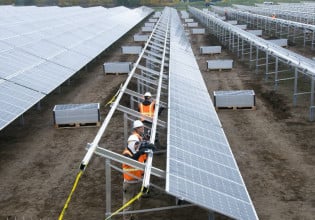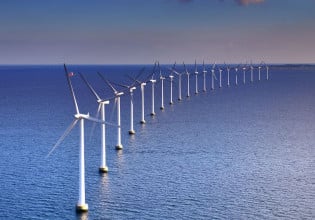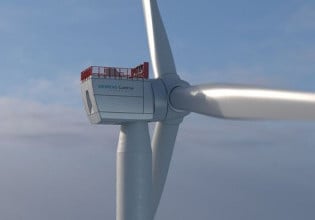TVA Gas Plant Proposal Clashes With Clean Energy Goals
The Tennessee Valley Authority’s proposed gas plant sparks controversy as it clashes with the Biden Administration’s clean energy objectives.
Tennessee Valley Authority (TVA), the largest public utility company in the United States, plans to build a new natural gas plant in Tennessee, actively disregarding limitations on power-plant greenhouse gas emissions recently proposed by the Biden Administration.
Kingston Fossil Plant. Image used courtesy of TVA
TVA is proposing to replace the coal-burning Kingston Fossil Plant, which experienced a severe coal ash spill in 2008.
Decarbonization
The Biden administration’s new plans propose a drastic decrease in greenhouse gas emissions from the nation’s power industry.
The proposal aims to restrict the amount of power plant emissions, which currently account for over 25 percent in the U.S. This would require the industry to invest billions of dollars in new equipment or potentially shut down.
Environmental groups and scientists have consistently emphasized the importance of these measures in combating global warming. However, states reliant on fossil fuel production argue that they constitute excessive government intervention and pose a risk to grid stability.
The U.S. Environmental Protection Agency (EPA) expects this plan will reduce coal and gas-power plant emissions by 617 million tonnes by 2042.
Reliability Concerns
NEPA, the National Environmental Policy Act, requires an Environmental Impact Statement (EIS) be prepared by federal agencies for major projects that could significantly impact the environment. The EIS drafted by TVA for the new power plant argues that constructing a 1500-megawatt gas plant accompanied by 3-4 megawatts of solar and 100 megawatts of battery storage would provide the best low-cost and reliable energy solution for the power system.
Due to supply volatility, TVA believes that a fully solar plant would be less reliable.
In a critique of TVA’s argument for better reliability, the Southern Environmental Law Center pointed out that TVA gas units ‒ installed as recently as 2012 ‒ experience failures during an intense freeze in late December 2022, resulting in widespread rolling blackouts.
The group’s statement also highlighted that the cost of clean energy continues to fall and that installing a new gas-powered plant would trap customers in paying for fossil fuel prices for the foreseeable future.
TVA vs. EPA
TVA has been an aggressor in environmental issues in the past. During the early stages of the EPA in the 1970s, TVA was implicated in an environmental law case with its construction of the Tellico Dam on the Little Tennessee River.
Despite filing an EIS for the dam, an endangered species ‒ the snail darter fish ‒ was found in the Little Tennesse River. Due to the enactment of the Endangered Species Act (ESA) in 1973, the presence of the fish required construction to stop.
Tellico Dam. Image used courtesy of TVA
Congress was ultimately influenced by political powers and passed a bill that allowed the Tellico Dam to be exempt from the ESA, and the dam finished construction in 1979.
TVA was also involved in a Clean Air Act settlement with the EPA in 2011 due to violations of the Act at 11 coal-fired plants across Alabama, Kentucky, and Tennessee.
The Argument for Gas Power
TVA CEO Jeff Lyash continues to argue that gas power is necessary due to its ability to generate electricity reliably, regardless of weather conditions. The agency adds that without large advancements in nuclear generation and energy storage, it will be unable to meet the Biden administration’s goal of carbon-free emissions by 2035.
According to the drafted EIS, the proposed gas plant is estimated to emit 1.75 million tons (1.58 million tonnes) of greenhouse gases annually, a large reduction from current emissions.
TVA has more plans to replace both the Johnsonville Fossil Plant and the Cumberland Fossil Plant, both coal-burning plants, with gas.
The Southern Environmental Law Center is suing to block the Johnsonville plant, claiming it violates federal law by failing to properly complete an environmental impact assessment.
The EPA has expressed concerns regarding the Cumberland plant, alleging TVA's evaluation of alternative options was imprecise and contradicted the clean energy objectives set by the Biden Administration.
TVA remains open to the potential of expanding solar energy, asserting that the new gas plants will offer the necessary flexibility to integrate 10,000 megawatts of solar power into its system by 2035 while simultaneously meeting peak demand.









Desires for reliable electric power clashes with fanaticism.